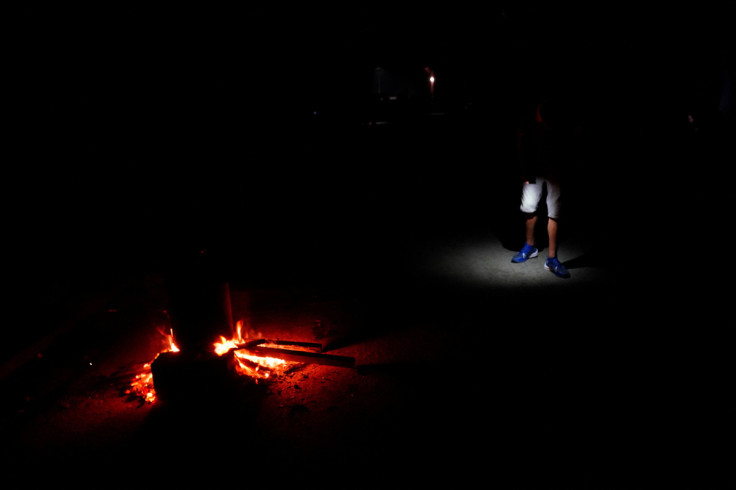Vast Swaths Of Cuba Still In The Dark After Passage Of Hurricane Ian

Cuba had restored power to some neighborhoods of the capital Havana by early on Thursday, according to Reuters witnesses and official reports, but vast swaths of the Caribbean island nation still remained in the dark following the passage of Hurricane Ian.
Much of the island of 11 million people was entering its third day without power on Thursday after the brawling storm made landfall, knocking out high tension wires, flattening homes and obliterating agricultural fields.
At least three people died in the storm in Cuba, state-run media reported.
Officials with the state power generator said they were making progress but still in the early stages of a "complex" recovery.
"In the operation of an electrical system, one of the most complex processes is restoring power from zero," said Pavel Angulo, a director of Cuba's National Electric Union, on a state-run news broadcast late on Wednesday.
Cuba's grid relies on decrepit, Soviet-era oil-fired generation plants that fail repeatedly, further complicating recovery. The country has also struggled to obtain fuel for those plants, as costs have risen with the Ukraine conflict and amid harsh sanctions from the United States.
Angulo said workers had already fired up several of its generation plants and was attempting to reincorporate them into the national grid.
"During the night, early morning, and first hours of the morning, we should already have results," Angulo said late on Wednesday. "As soon as the first {plants} are incorporated, the rest of the units will be incorporated into the system in a much more accelerated way."
State-run media had not yet provided an update on the situation early on Thursday, though pockets of light could be seen flickering throughout Havana in places dark the evening before.
Even before Hurricane Ian hit, Cubans were accustomed to daily power outages, sometimes of eight hours or more, but the prospect of a prolonged blackout would be a major blow to the crisis-racked nation, where food, fuel and medicine are in short supply.
Officials said Wednesday the country's precarious energy situation, which led to large shortfalls in generation prior to the storm, would not change even if power were immediately restored.
Hurricane Ian exited Cuba on Tuesday and evolved into one the mightiest to hit the U.S. mainland in recent years, flooding communities and leaving more than two million homes and businesses without power along Florida's Gulf Coast.
By Thursday morning, Ian had weakened into a tropical storm and was trekking north across Florida, leaving Gulf Coast residents to pick up the pieces.
© Copyright Thomson Reuters {{Year}}. All rights reserved.





















